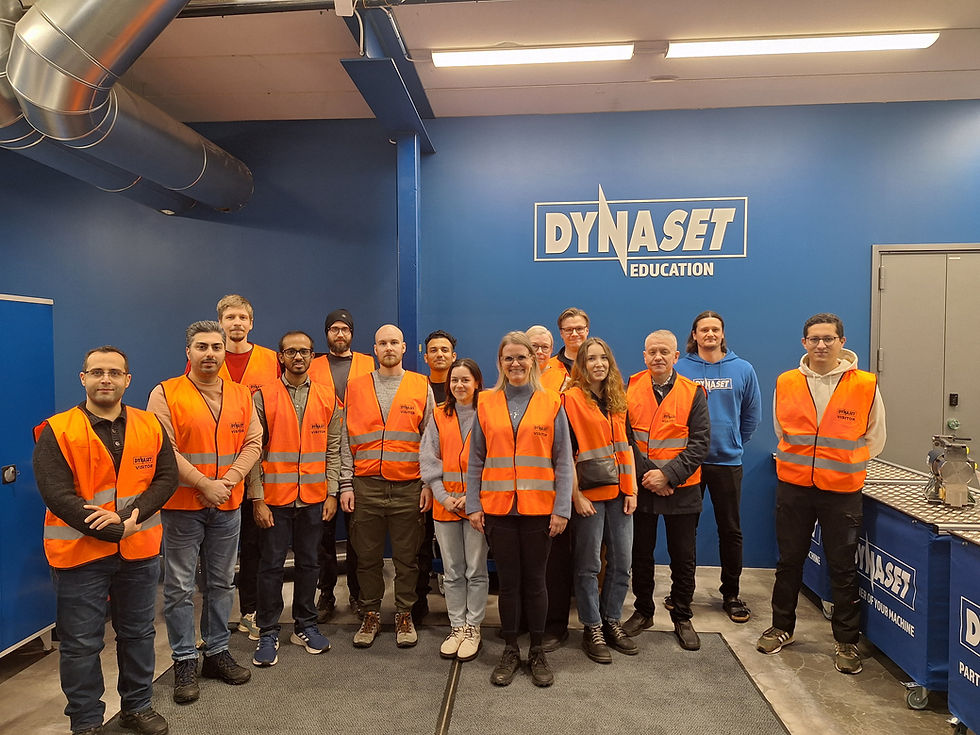Stop the press – rules of media engagement for scholars
- Jari Ovaskainen

- Nov 13, 2020
- 2 min read

All of us in society have our relationship with the media and media has an indisputable role in our daily lives. We consume news and information around the day, it’s a continuous information flow in various, competing channels.
What makes the interesting news is a question of what editorials have to think in the editing environment. Have you thought news-making process or engagement with the media? The world is continuously evolving around us and media has a centric role to compose and inform this transition to a broader audience.
Media is operating under certain rules to ensure that presented information is correct and trustworthy – very much the same way scholars have in terms of research reliability and validity.
Nevertheless, it should be noted that being reliable or factual doesn’t mean that one has to be dull or boring. Some great innovations have been done accidentally. It doesn’t make innovation less important or minor but what happened is that suddenly there is a great story linked to innovation – such as Viagra research.
Editorials seek interesting stories because it is what the audience wants to read. It is often said that in the future, time will be the most valuable element our daily lives – factual news and information compete against social media, applications, games etc. Each of us possesses equal time, but people tend to consume given time with the information they find interesting.
What does it mean for us as scholars to engage with media in such a way that media would interest us and our research? It doesn’t have to be a trade-off with excellence and diligent research. It is a continuous aim to provide peer-reviewed and credible results to shed more light into the research topic. Motivation to approach the media in such a way that media is engaged with us could be making the impact on surrounding society. The impact can be further dialogue or questioning or it can lead to a fruitful collaboration with interest groups.
Someone is always interested in our results – it’s a matter of founding that audience and this is where media has the utmost role. It’s demanding and time-consuming to do diligent research and one might feel that it’s too much to ask to provide additional frosting to our “scientifically baked cake”.
It doesn’t have to be this way – the journey towards the results can be framed with background information or scholar persona to create an interesting story, which will raise the interest of the media. Be honest and express your enthusiasm towards your research – that’s a good start.
In every sport, it’s essential to know the rules and good practices, so that one can join in the activity and start influencing the surroundings. It’s very much same with the scholars and media collaboration. There is always room for an interesting story or headline - which is based on scientific facts. Shall we think "outside of the box" and engage with the media in such way that editorials will “stop the press” and change the headline!
- Jari Ovaskainen



